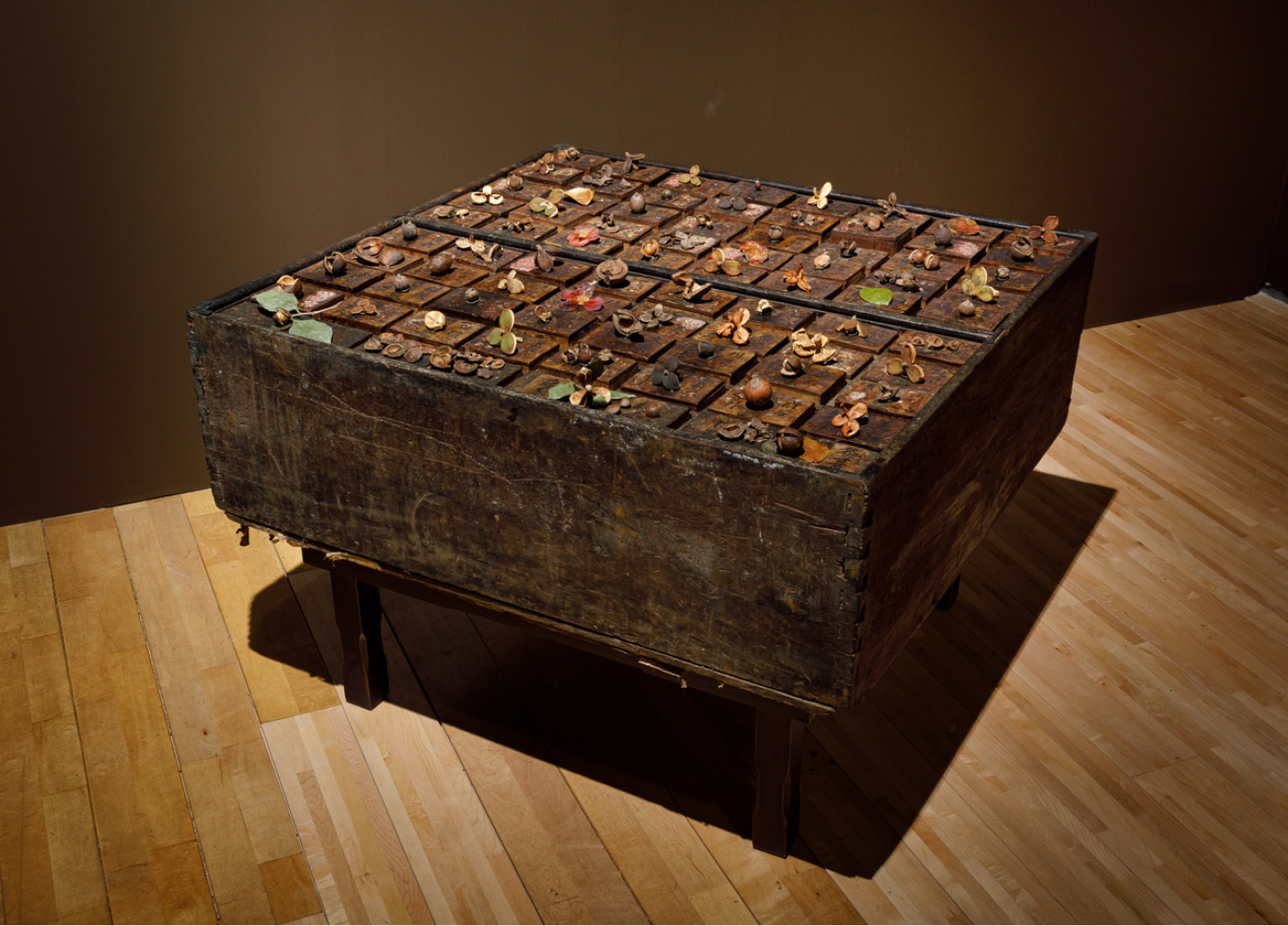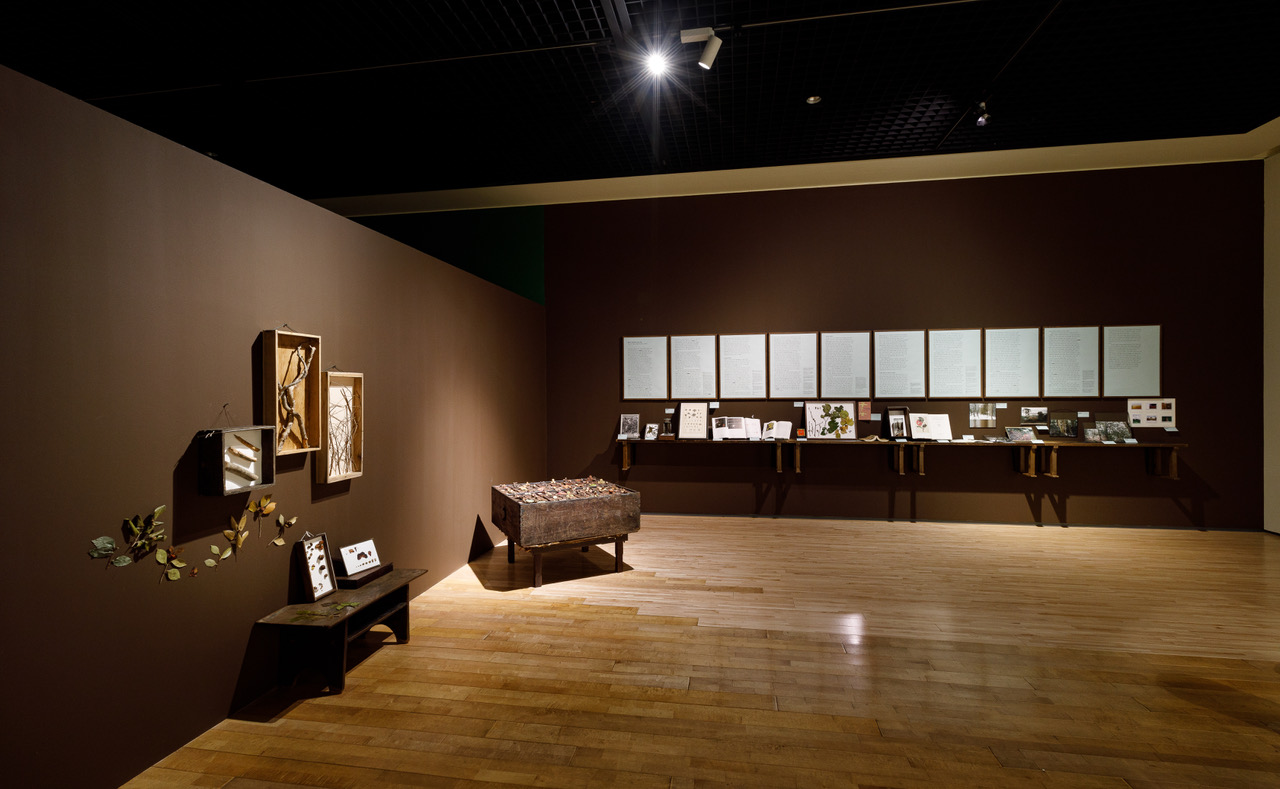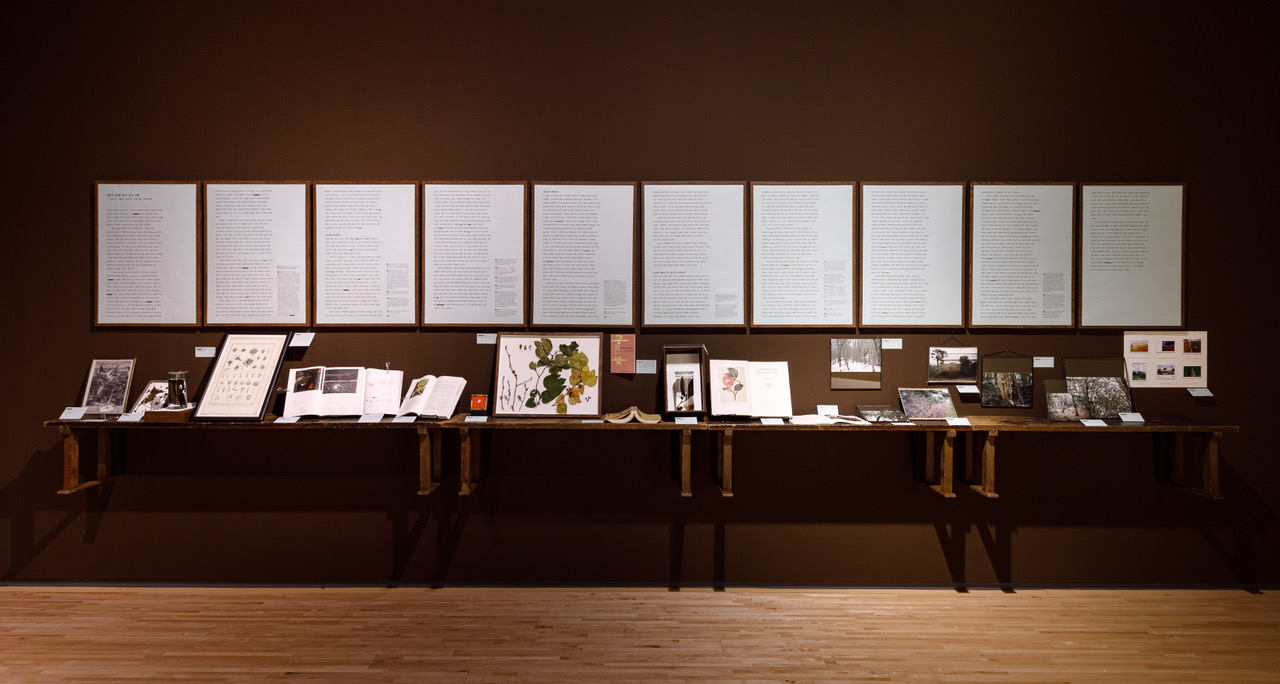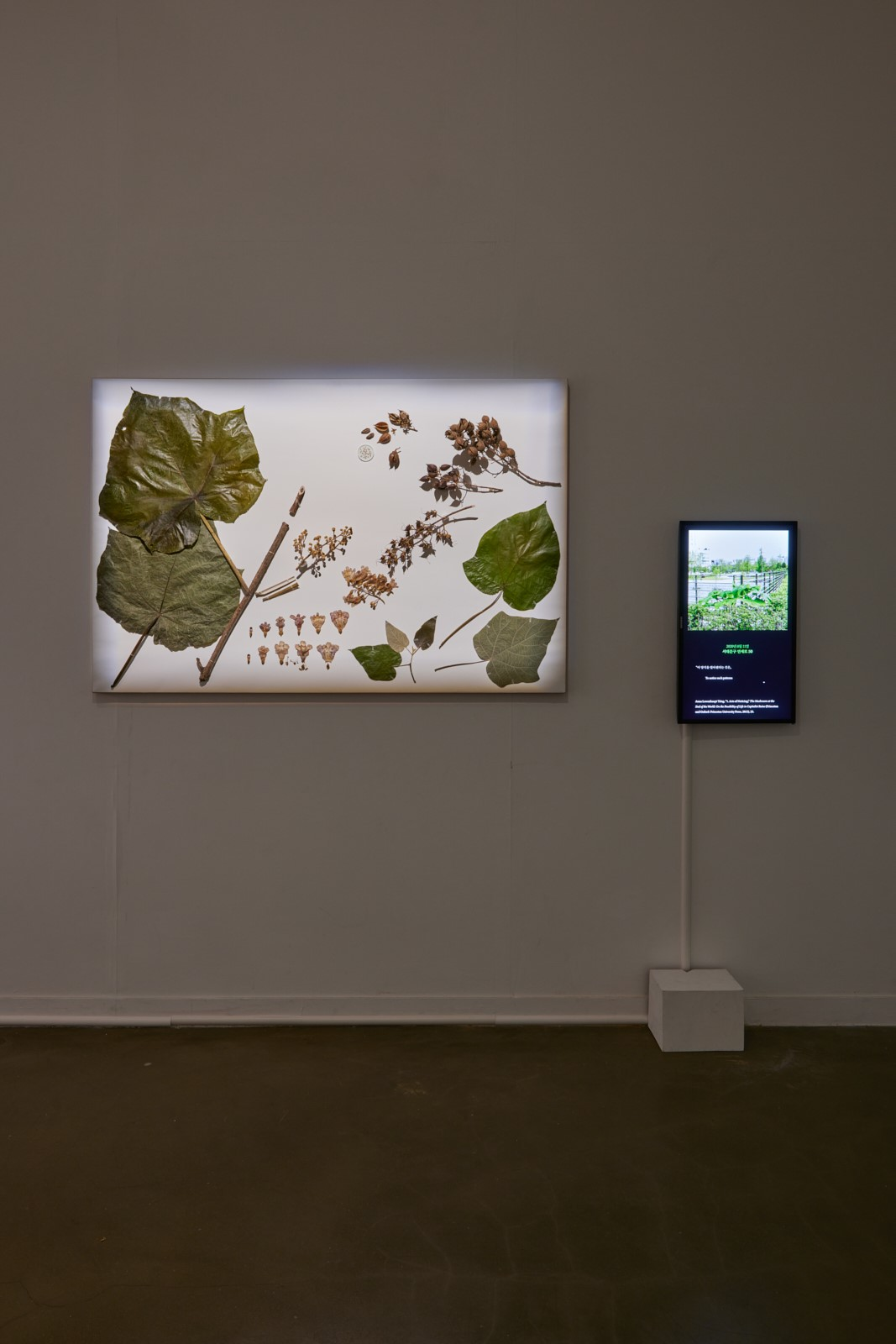Soyo Lee
Soyo Lee received her Ph.D. from the Department of Arts at Rensselaer Polytechnic Institute in the U.S., studying the formal characteristics of natural history specimens preserved in fluid. Specializing in a somewhat unfamiliar field of 'Preservation and Restoration of Natural History Specimens,' she explores cultural conventions of reducing living organisms to visual information and artistic creations, blurring the boundaries between art and natural science.
During her time as a praxis-based arts Ph.D. student, she worked for about a year at the Mütter Museum of the College of Physicians of Philadelphia, affiliated with the American Association of Physicians. As part of her research, she preserved, restored, and reconfigured around thirty anatomical specimens preserved in fluid. Shocked by the senior conservator's instruction to "just pour it down the drain" when disposing of human specimens, she later wrote an article, "You Can Just Pour It Down the Drain," reflecting on societal and cultural conventions and values related to preservation. The preservation and disposal of human-derived materials involve cultural, legal, and medical norms associated with returning the dead to nature, including laws on bioethics, safety, and waste management. She discusses the ethical, cultural, and scientific questions arising from thousands of human specimens in hospitals and university research labs, once valued for their medical significance, now considered decayed and disposable materials over time.
Lee showcased an exhibition in South Korea titled "Original Preservation: A Dying Art" (2016), consisting of several human specimens, documentary photographs, and texts. Continuing her research with plant and biological specimens, she has created works such as "Camellia Tree" (2020), "On How Art Treats Plants" (2020), and "Chosun Plant Encyclopedia, Poisonous Plants Edition, Annotations" (2021).



